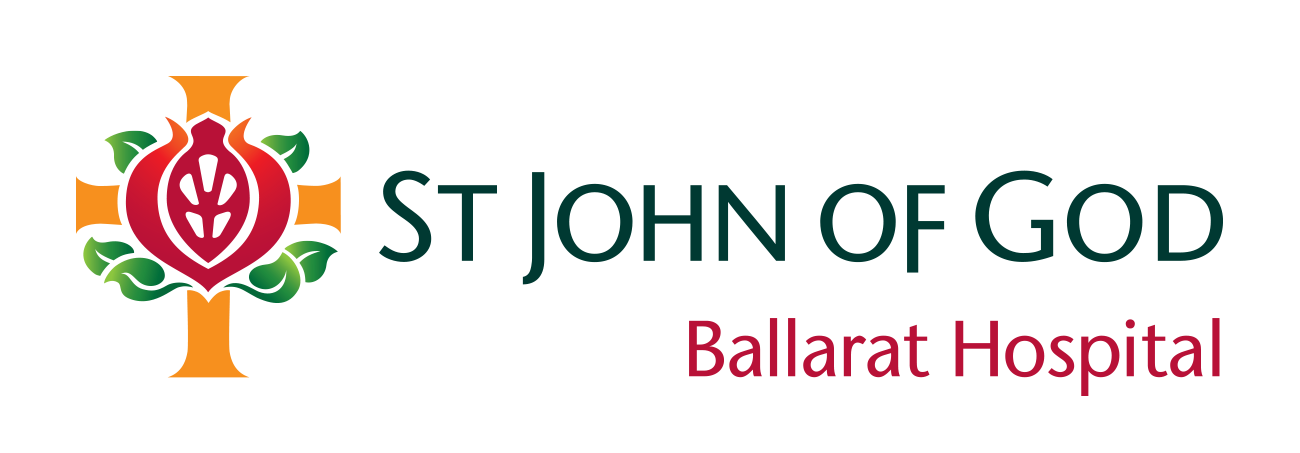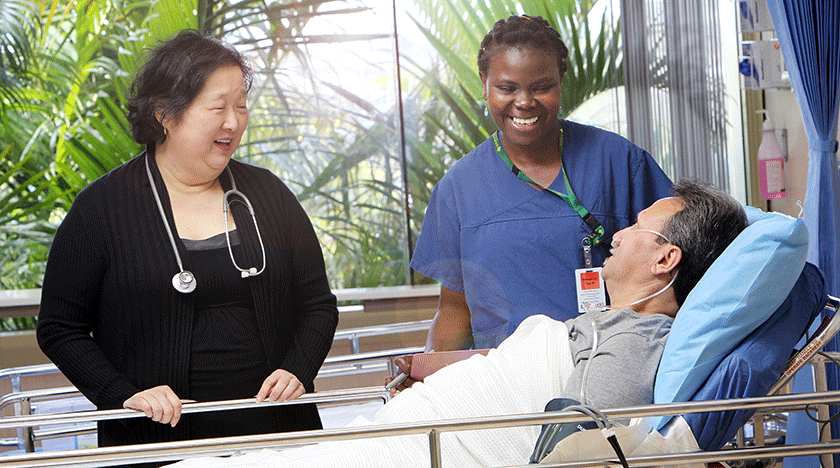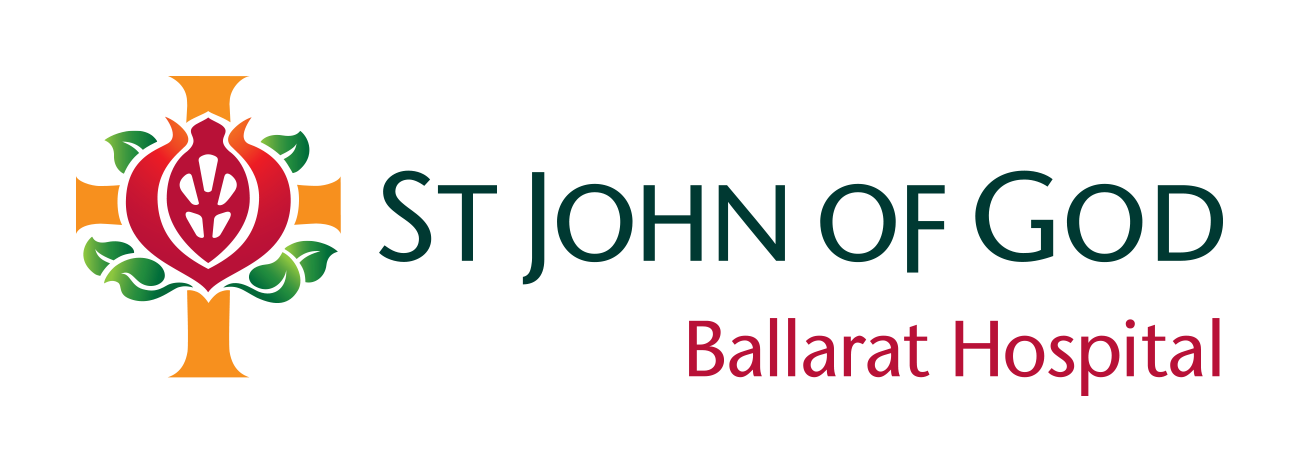- Our services
- Medical and surgical
- Gastroenterology and gastrointestinal surgery
 Our services
Our services
- Emergency Department
- Medical and surgical
-
- Allied health
- Cardiac rehabilitation
- Chronic pain management
- Exercise physiology
- Falls prevention and balance
- Hydrotherapy
- Inpatient rehabilitation
- Neurological rehabilitation
- Occupational therapy
- Oncology rehabilitation
- Orthopaedic rehabilitation
- Outpatient rehabilitation
- Parkinson's disease
- Physiotherapy
- Pulmonary rehabilitation
- Reconditioning
- Speech pathology
- Stroke rehabilitation
- Community and youth
- Healthcare at Home
- Self-funded care
Gastroenterology and gastrointestinal surgery

We care for conditions including common digestive complaints such as reflux and irritable bowel syndrome (IBS) through to more serious conditions such as coeliac disease, hepatitis, liver cancer and bowel cancer.
Many gastrointestinal conditions are quite common and our experienced multidisciplinary team is highly skilled at providing treatment and care to help you manage your condition so you can continue enjoying your day-to-day activities.
Our gastroenterology services
Our multidisciplinary gastrointestinal team, including gastroenterologists and gastrointestinal surgeons, uses the latest research and technology to detect and treat your condition.
Many gastrointestinal procedures, such as endoscopies and colonoscopies, can be carried out as day surgery. Others, such as stomach or liver surgery, may require an overnight stay or multiple days in hospital.
Our experienced caregivers will make sure your time with us is as comfortable and relaxed as possible.
What to expect
Gastroenterologists commonly diagnose conditions using an endoscopy or colonoscopy. These procedures use thin, flexible tubing with a microscopic camera on the end to give your doctor a visual map of what’s happening inside your digestive system.
You will usually need to fast for some time before your procedure. You may also need to take a substance to help expel all food from your system. If your doctor has given you a sedative before the procedure, you will probably need to spend a few hours recovering before you can go home.
Some procedures, including gastrointestinal surgery, may need to be performed under general anaesthetic. Your doctor will advise the best option for you.
Endoscopy
An upper gastrointestinal endoscopy is a procedure that enables your doctor to look inside your oesophagus, stomach and small intestine. It usually takes 10 to 20 minutes. A tube with a microscopic camera on the end (called a gastroscope) is inserted down your oesophagus. This will not affect your breathing. Your throat may be numbed, or your doctor may give you a sedative or light anaesthetic.
Colonoscopy
A colonoscopy is a procedure that enables your doctor to look inside your rectum and colon (large intestine and large bowel). It usually takes 20 to 40 minutes. A tube with a microscopic camera on the end (called a colonoscope) is inserted via the anus. If appropriate, your doctor may give you a sedative or light anaesthetic.
Benefits of our service
Our gastroenterology services can assist and benefit you in a number of ways:
- expert advice provided a multidisciplinary team of gastroenterologists, gastrointestinal surgeons, anaesthetists, registered nurses and allied health professionals
- the option to undergo some procedures as day surgery, including endoscopies and colonoscopies, so you can recover in your own home
- the highest levels of care from our qualified caregivers.
You may be interested in...
